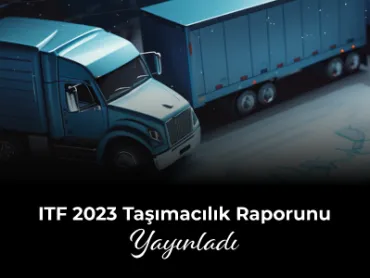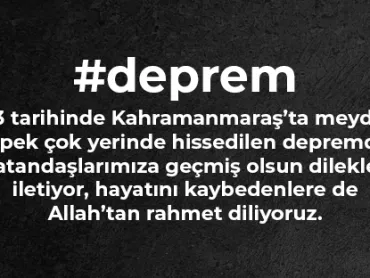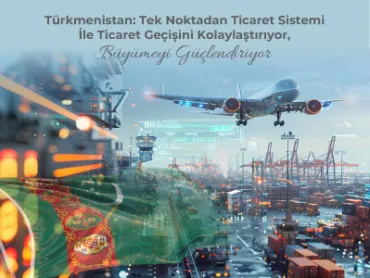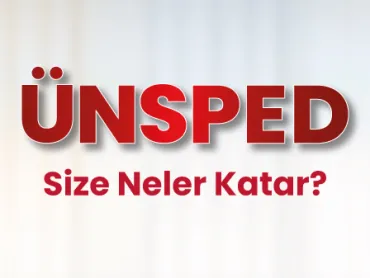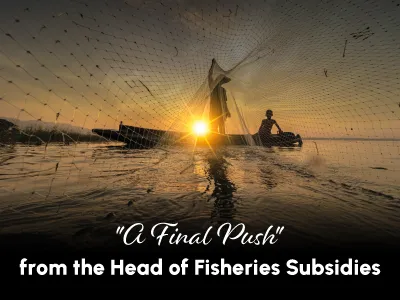
The fisheries subsidies chair circulates new text as a "final push" to reach an agreement at MC13
The chair of the fisheries subsidies negotiations, Icelandic Ambassador Einar Gunnarsson, on 21 December circulated a new draft text on limiting subsidies that contribute to overcapacity and overfishing to help members bring negotiations to the finish line at the 13th Ministerial Conference (MC13) at the end of February 2024. Based on members' proposals and negotiations, the document, including during the "Fish Week" meetings in December, is intended to facilitate negotiations, which are expected to intensify in January.
"We are at a critical juncture for the successful conclusion of the second wave of negotiations on fisheries subsidies. It is my hope that this new draft of the disciplines on subsidies contributing to overcapacity and overfishing, based on the tireless work of members over the past months, will help bridge the remaining divisions in their positions as we begin our final efforts to conclude negotiations by MC13. We will resume our work immediately after the holidays and will have a 'fish month' of uninterrupted negotiations until mid-February, when the texts for MC13 should be ready. We have made good progress this fall in developing ideas and refining possible approaches, and now it is time for members to narrow down the areas of realistic compromise that are acceptable to all. While time is short, I believe we have the elements to achieve such an outcome." the statement added.
Also, at the end of the last Fish Week in early December, members still needed to agree on additional fisheries subsidy disciplines that build on those in the Fisheries Subsidies Agreement agreed at MC12 in June 2022. However, they reaffirmed their determination to accelerate their work in the new year to achieve the goal of concluding negotiations by MC13, which will take place in Abu Dhabi, United Arab Emirates, on February 26-29.
In an explanatory note on the revised draft text, the Chair underlines that many text elements will already be familiar to members as they have been part of previous drafts and negotiations. These elements include the "hybrid approach," which combines an indicative list of subsidies contributing to overcapacity or overfishing with a sustainability test for members to demonstrate that measures are in place for healthy fish stocks. There is also a "two-tier approach" where the largest subsidizers would be subject to greater scrutiny.
As before, other elements included in the draft text are as follows:
- An independent discipline on subsidies linked to fisheries or fisheries-related activities outside the jurisdiction of the subsidizing Member.
- An open chapter with placeholders for special and differential treatment provisions, notification and transparency provisions, and other provisions on overcapacity and overfishing.
The disciplines, together with the unique and differential treatment provisions in the draft, divide members into three groups:
- Group of the 20 largest subsidy providers according to members' notifications: These members will be subject to the strictest scrutiny to demonstrate that the draft sustainability-based conditionality is met immediately after a new subsidy enters into force.
- Members to be excluded from the essential ban on subsidies: These would be least developed country members and developing members whose global share of marine catches is no more than 8 percent.
- Members not falling into any other groups: They would also be required to demonstrate in their regular reporting on fisheries subsidies that the draft sustainability-based conditionality is met.
The President said in the explanatory note: "The basic discipline should lead to a meaningful reduction in the subsidies that contribute to overcapacity and overfishing, not only through the prohibition statement contained in the basic discipline, but also through the rigorous committee review procedure, which is as central to the functioning of the discipline as the prohibition itself."
Source: https://www.wto.org/english/news_e/news23_e/fish_21dec23_e.htm
 Back
Back